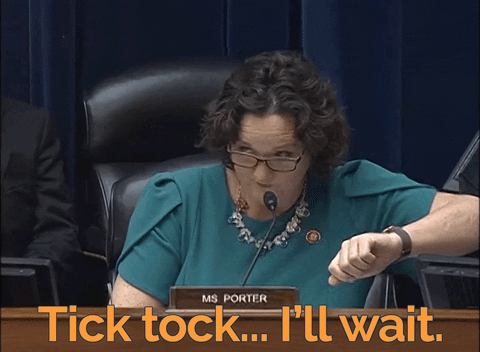
Title: Congress Faces Tight Deadline to Avoid Government Shutdown In recent days, lawmakers have returned to Capitol Hill after an extended recess with a packed agenda that includes preventing a government shutdown when federal agency funding expires at the end of this month. With only 14 legislative days left before they are scheduled to be out for the week of September 22nd, Congress faces a tight deadline in order to either make a bipartisan deal to extend funding or risk shutting down the government. The House and Senate will likely turn to a short-term funding bill, known as a continuing resolution, to temporarily tide agencies over until they can reach an agreement on long-term funding solutions. However, even this stopgap measure requires bipartisan support in order to pass. A more permanent solution would be even harder to achieve given the current political climate and disagreements between parties. A key subcommittee within the House is set to hold a markup session on Tuesday evening regarding the fiscal year 2026 funding proposal, which was published earlier this week. This bill proposes a total discretionary allocation of $184.5 billion – nearly $14 billion less than what was allocated for fiscal year 2025. The proposed budget aims to prioritize cutting-edge biomedical research, strengthen medical supply chains and biodefense infrastructure, as well as ensure support for rural hospitals and public health programs. However, Congressional Democrats have criticized the proposal’s funding cuts for essential organizations such as the Centers for Disease Control and Prevention (CDC), National Institutes of Health (NIH), need-based financial aid for students, and maternal and child health support programs. They argue that these budget reductions are an attack on vital services that Americans rely upon daily. The potential implications of a government shutdown could be significant, impacting everything from federal employee paychecks to essential services provided by affected agencies. It is crucial for Congress to work together in order to reach a consensus and avoid this outcome. As we await the results of these negotiations, it remains to be seen whether lawmakers can rise above partisan differences and prioritize the needs of their constituents over political agendas. In conclusion, the upcoming weeks will prove pivotal for Congress as they navigate through complex budgetary discussions while facing a tight deadline to prevent a government shutdown. The outcome of these negotiations could have far-reaching consequences on various sectors and services provided by federal agencies. It is essential that lawmakers put aside their differences and work together in the best interest of all Americans, ensuring that necessary funding is allocated where it’s needed most.
Source: [Original Article](https://www.npr.org/2025/09/02/g-s1-86626/congress-return-shutdown-epstein)
#tick
Check out my AI projects on Hugging Face, join our community on Discord, and explore my services at GhostAI!

